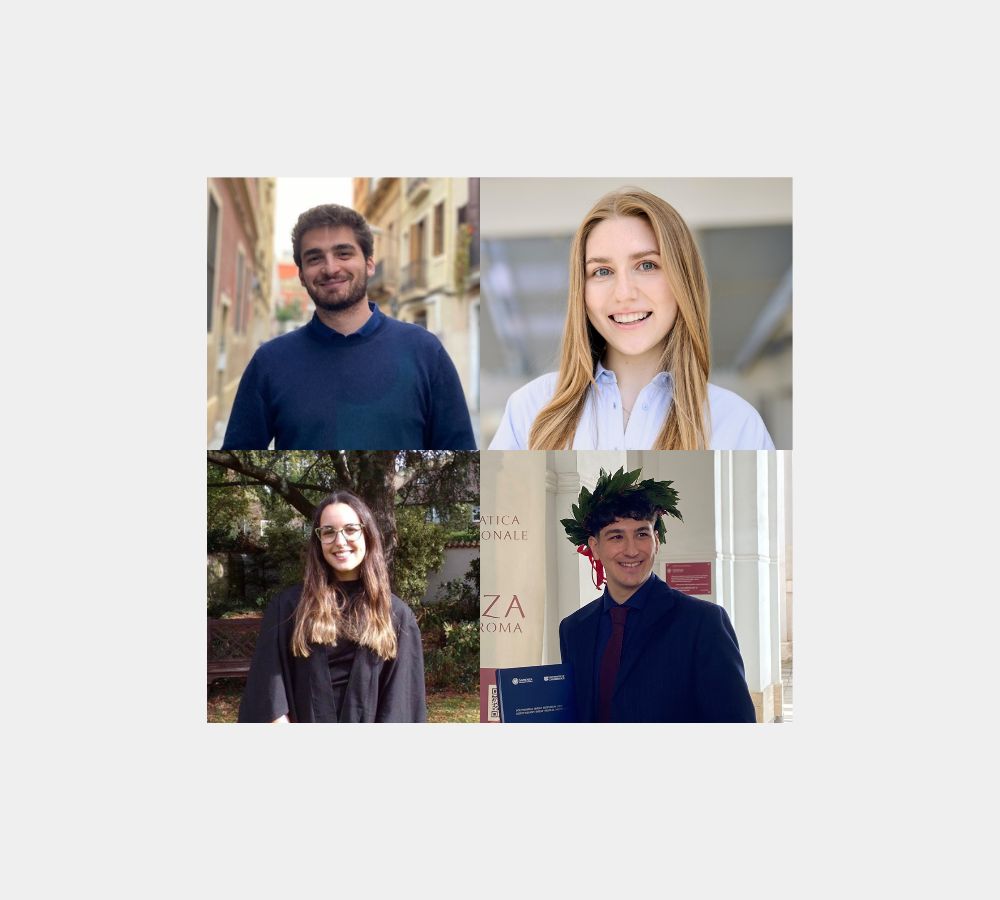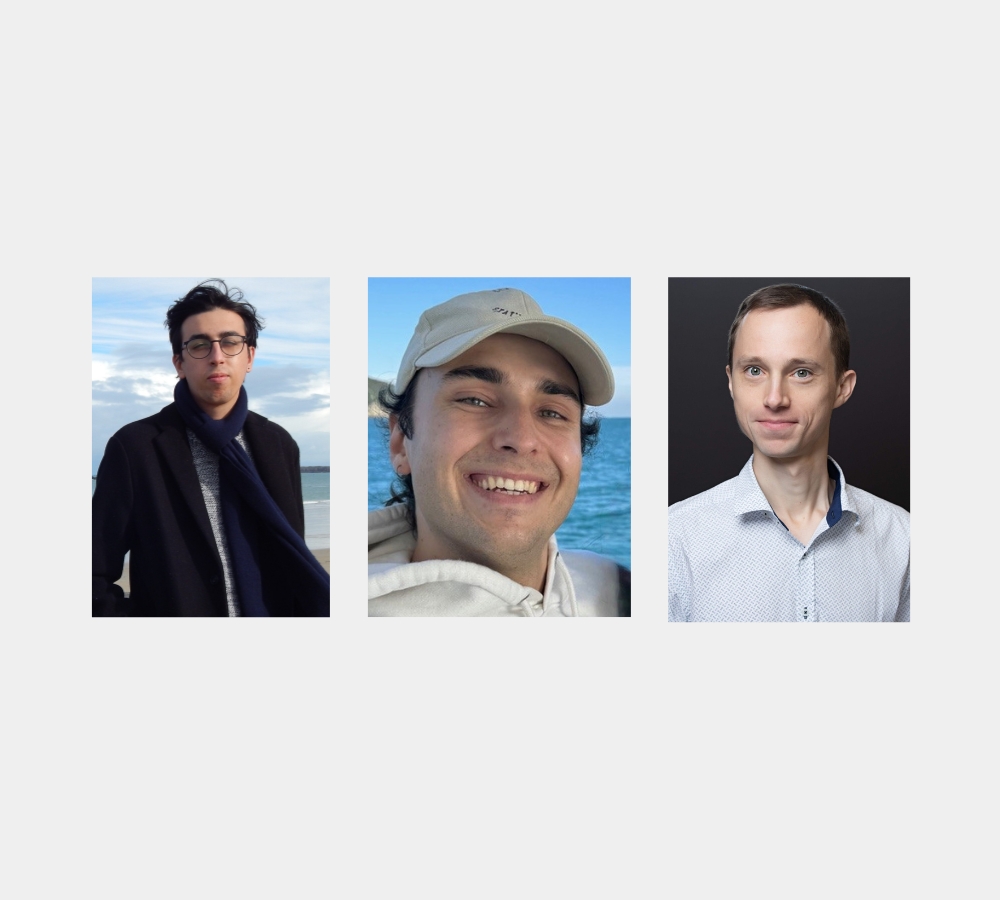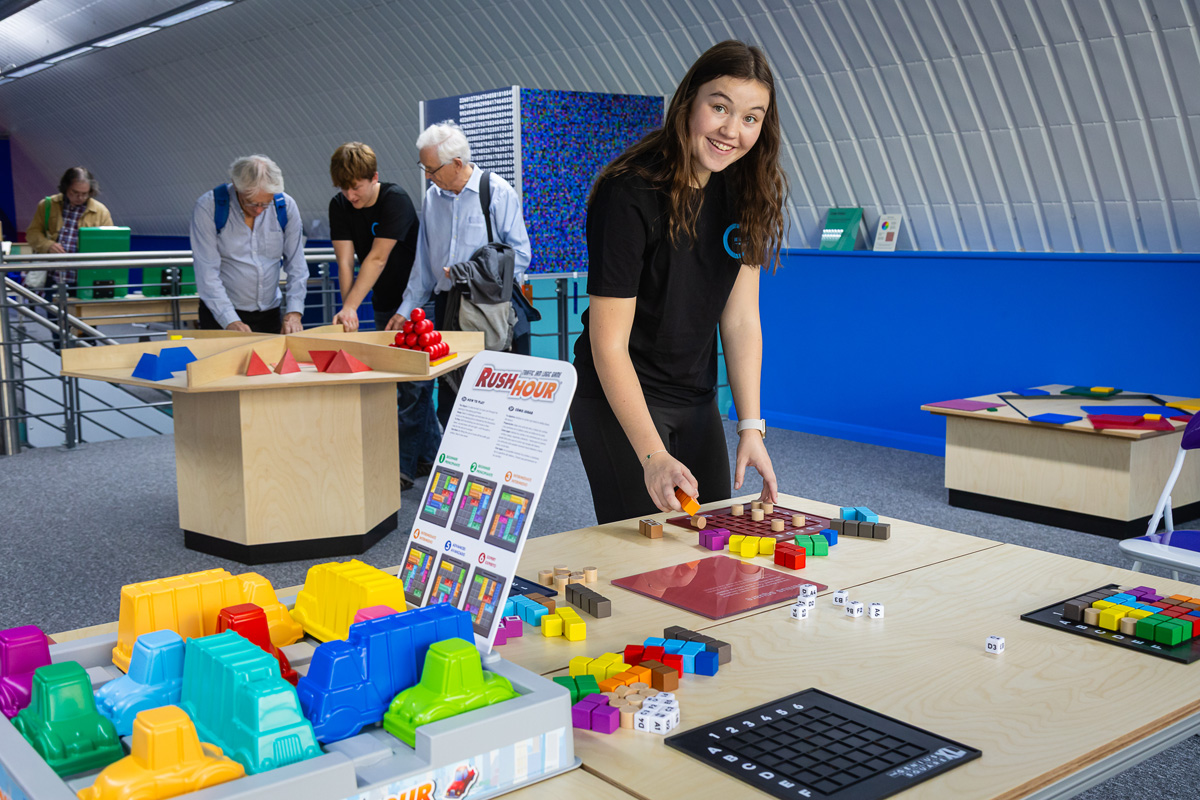Each month, we provide up to £2,000 in grant money to early career researchers in quantitative disciplines.
Our aim is to support and assist PhD students and postdocs conducting research, particularly with costs that may be difficult to get funding for elsewhere, for example, travel for those who are caring for children, or expenses for volunteer work related to research.
Learn more about our grant programme terms and conditions.
Read on to hear from our latest winners, their research and how our grants will aid their work.
September grant winners
Maximilian Krahn (Aalto University)
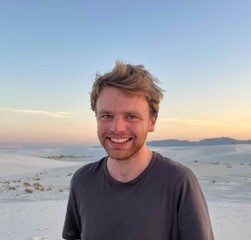
“My research interests lie in Topological Deep Learning and Quantum Machine Learning. For my Master’s thesis, I developed an optimizer for binary neural networks that utilized a quantum computer. This project was accepted for publication at BMVC 2024.
“The G-Research grant will allow me to travel to Glasgow to present this work at the conference.”
Ben Finkelshtein (University of Oxford)

“I am a PhD student specializing in geometric deep learning. My research focuses on leveraging graph structures to improve machine learning models from both theoretical and applied perspectives.
“This grant will support my attendance at NeurIPS 2024, where two of my papers have been accepted. Attending the conference will allow me to present my work, engage with leading researchers and expand my network within the community. Thank you, G-Research!”
Ed Tam (Stanford University)
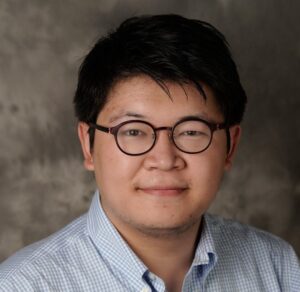
“I am a statistician and machine learning researcher, specialising in computational biology. My areas of interest include Bayesian statistics, MCMC sampling and anything graphs related.
“This grant from G-Research will support my work in developing R and Python packages that implement fast tree samplers, which could be useful for people interested in sampling from posterior distributions on tree structured objects.”
Jonathan Yick Yeung Tam (University of Verona)

“In my research, I study stochastic control problems and related large population models under the framework of mean-field games and mean-field control, with applications to mathematical finance and green/energy transition.
“The G-Research grant has contributed towards travel costs for a workshop presentation this month in machine learning and finance, as well as funding computational resources for numerical experiments, which are often high dimensional in nature.”
Niccolò Ciucci (Sapienza University of Rome)
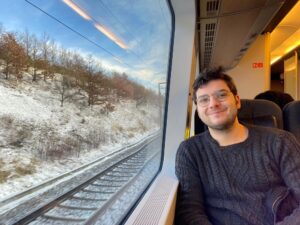
“I’m a PhD candidate at Sapienza University of Rome, where I’m part of the National PhD Program in Artificial Intelligence. My research aims at developing systematic trading strategies by leveraging advanced AI and machine learning techniques.
“Thanks to this grant, I’ll be able to split my time between Rome and London, conducting research at local universities as part of my joint degree. This opportunity is invaluable for expanding my access to research resources and building academic collaborations, ultimately enhancing the reach and effectiveness of my work in applying AI to financial markets.”
Dobrik Georgiev (University of Cambridge)
“Algorithms are easy!. . . as long as they are kept in a textbook. In their universe, the world is often oversimplified and things are always represented in a simple numerical form. Sadly, this universe also does not always conform to the observable reality, the one we live in. Here, different factors play different roles and collapsing our reality into a couple of scalars is hardly achievable in a principled manner. Neural algorithmic reasoning has been recently proposed as a solution to this issue — it escapes the problem by using specialised neural network architectures to execute the algorithm in higher-dimensional space and it leaves mapping reality to gradient descent optimisation. Accurately executing algorithms is difficult to achieve and is an ongoing research direction.
“The September’s G-Research grant will support me in presenting my latest research on Deep Equilibrium Algorithmic Reasoning at NeurIPS. DEAR is an innovative approach to neurally execute algorithms by directly finding the solutions, utilising the fixed-point property of algorithms.”
Sebastian Cygert (Gdańsk University of Technology)

“My current research project is about democratizing access to foundation models for new target domains, which currently require huge resources to develop, by efficiently reusing knowledge in existing pretrained models. I will collaborate with Professor Joost van de Weijer with a research visit at the Computer Vision Center (CVC), Universitat Autònoma de Barcelona.
“The G-Research grant would help cover the costs of the visit, which I greatly appreciate.”
Congratulations to all of our grant winners.

